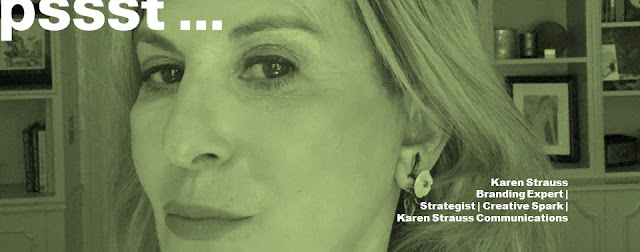Yep, under no circumstances you want to become a fairy tale uncle
There are managers and executives who are at war with the term Storytelling – and this may has to do with the Grimm brothers. The founding fathers of German Literary Studies became famous with their anthologies of "Kinder- und Hausmärchen” (Children's and Household Tales), 1812 and 1815. And they made the form of the fairy tale popular. Thus the old German word "mære", once used as a neutral term for "news" or "report", turned into “Märchen” (fairy tale) and became a prose text that invites us into a world where incredible things happen: Animals can talk ("The Wolf and the Seven Little Goats"), objects are transformed ("Little Table Cover You"), and people rise from the dead ("Little Red Riding Hood").
Due to the success of Grimm's fairy tales, the expression "telling someone a story" became in some cases colloquially synonymous with lying, fibbing and deception.
Are storytellers liars?
So are untrue, distorting or exaggerated elements by definition a criterion of storytelling? In order to answer this question, it is necessary to clarify which building blocks are decisive for a story and how this form of communication stands out from other forms.In her book "Storytelling and Narration in Public Relations", Annika Schach, Professor of Applied Public Relations at the University of Applied Sciences and Arts Hanover, analyses the criteria that distinguish a factual report from an emotional story. Both text genres - report and story - differ in essential aspects:
- Reports are result-oriented, whereas stories are event-oriented texts. Thus, stories usually provide information about a place and time period in which they "play" and introduce a person who experiences something. Reports function neutrally, independent of place and time.
- Reports are factually registering and neutral representations, while stories are presented subjectively from the perspective of a narrator.
- Reports strive to be objective and as non-judgmental as possible, while stories are subjective and therefore emotional in their presentation.
Storytelling is exemplary, experience-oriented and subjective storytelling. And thus the truth that stories represent is also subjective. This applies to the story of a witness to a traffic accident, the anecdote that (a board member in a presentation) picks up on, and the story of a childhood memory told by a Hans Rosling at a TED conference.
When rational communication is not enough
Whenever you communicate, you have two options to convince your counterpart: you can communicate rationally or emotionally.Rational communication is a conscious and intellectual process. Emotional communication - like storytelling - is an unconscious and automatic process. Of course it is up to you what you use. If you want to do without storytelling, go ahead. Because rational communication works perfectly. If you follow the argumentation of storyteller guru Robert McKee, two things must be guaranteed:
- rational communication only works if the sender and receiver of a message - that is, you and your listener - share the same interests and values.
- both sides - receiver and sender - must take equal time and both must concentrate equally on the communication process.
Unfortunately, that is not the rule. The rule is an asymmetrical communication situation. This means that you as a broadcaster find your own topic very exciting, but unfortunately your listeners do not. And while you, well prepared, present your lecture in a concentrated way, your listeners are fiddling impatiently on the mobile phone display (It is estimated that people touch their mobile phone up to 3,000 times a day. This means that they will certainly touch your phone a few times during your presentation as well).
So if you are dealing with an audience that is rather averse or skeptical about your topic or that is easily distracted, it is worthwhile to use the technique of storytelling. Because in asymmetric communication situations, emotional communication is much more effective than rational communication.
And it seems that we are heading for a world that needs much more stories than we previously thought. You certainly don't want to become a fairy tale uncle or a fairy tale aunt, but you might want to become a storyteller.
Photo by King Lip on Unsplash





